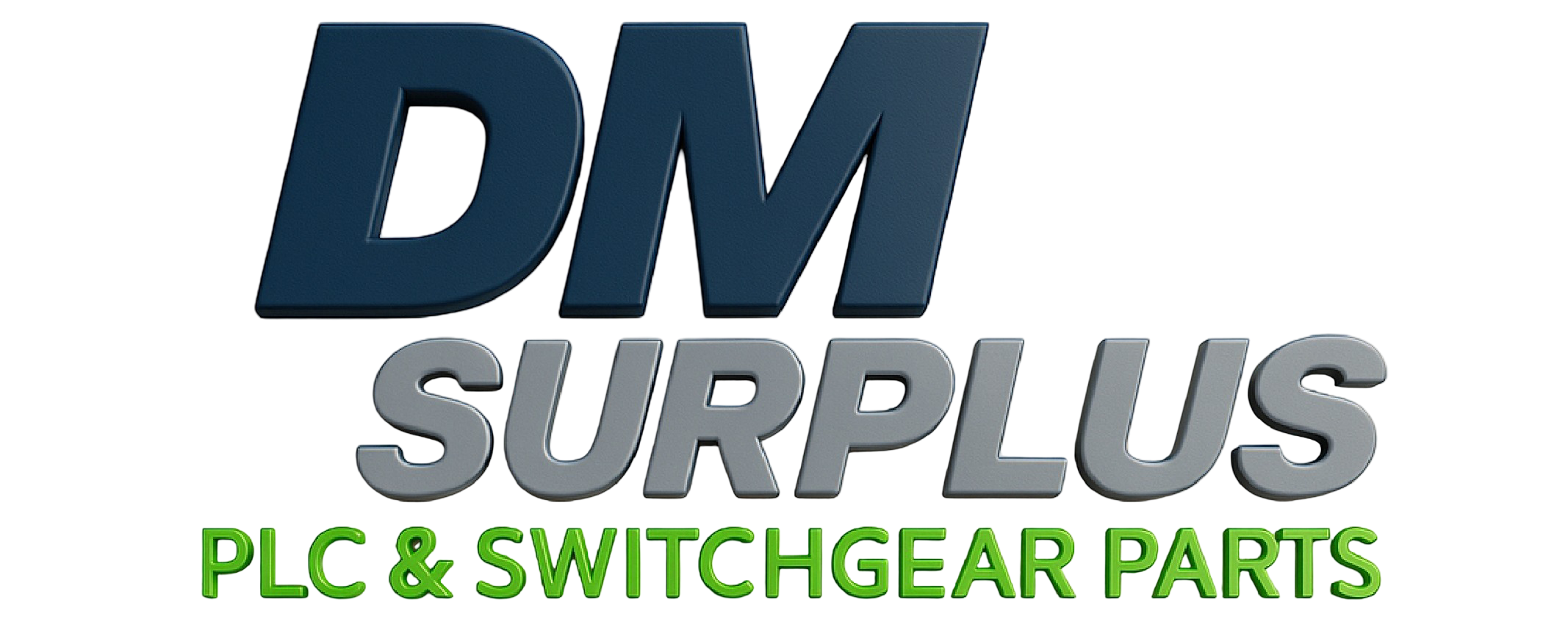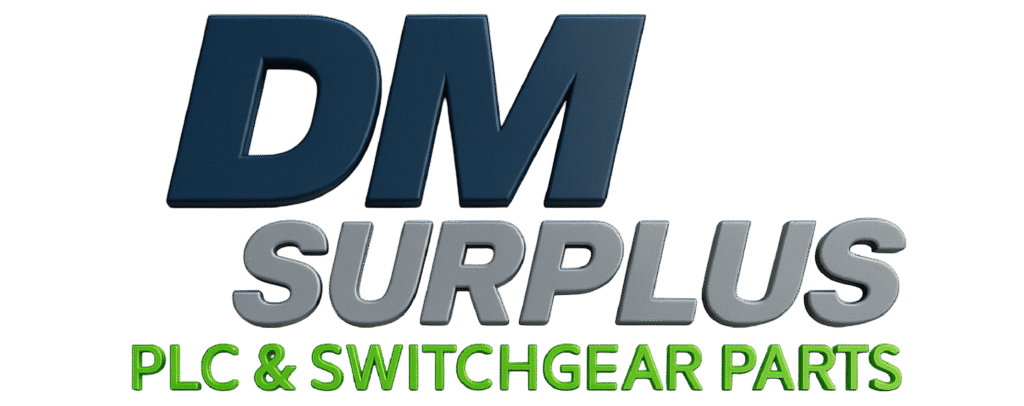Currently Empty: $0.00
Hmi Solutions
- Home
- Hmi Solutions
HMI SOLUTIONS
At PLC Hardware, we not only offer access to top-tier HMI solutions from leading manufacturers, but we also provide some of the most competitive pricing in the industrial automation market. Our major lines, including Rockwell, Siemens, and Schneider, often see price reductions of up to 50% or more, even before factoring in the benefits of project pricing.


HMI SOLUTIONS
Key Selection Considerations
📋 Application Requirements
Define the primary purpose (monitoring, control, or data logging). Assess task complexity. Consider industry-specific needs.
🖥️ Display Size and Type
Choose a screen size that balances visibility and space. Decide between touchscreen or keypad. Ensure sunlight readability.
🌍 Environmental Conditions
Check IP rating for dust/moisture protection. Ensure operating temp range. Consider shock/vibration resistance.
📡 Communication & Connectivity
Confirm required protocols (Modbus, Ethernet/IP, etc.). Support SCADA/PLC systems. Allow Wi-Fi or cloud if needed.
⚡ Performance & Processing Power
Select processor & memory for complex tasks. Support external storage. Prioritize fast response time.
⚙️ Usability & Maintenance
Choose intuitive interface & easy programming. Ensure customization options for screens, alarms, user access.
HMI Installation Best Practices
🔧 Proper Mounting & Positioning
Mount securely to avoid vibration. Place at ergonomic height for visibility. Protect from dust, heat, sunlight.
🔌 Correct Electrical Connections
Use correct voltage & UPS for safety. Ground properly to avoid interference. Route cables neatly.
🌡️ Environmental Considerations
Ensure environment matches HMI’s range. Choose vibration-resistant mounting. Use anti-vibration mounts if needed.
🧪 Testing & Configuration
Pre-test HMI & connections before install. Upload/validate program. Test alarms & responses to verify function.
Frequently Asked Questions
An HMI (Human-Machine Interface) is a user interface or dashboard that connects a person to a machine, system, or device. It’s commonly used in industrial settings to control and monitor equipment.
The main functions include:
Displaying real-time data and system status.
Allowing operators to control machinery or processes.
Providing alerts and notifications for faults or issues.
Logging data for analysis and reporting.
An HMI is typically a localised interface for interacting with a machine or process, while SCADA (Supervisory Control and Data Acquisition) is a broader system that collects data from multiple sources and often includes HMIs as part of its setup.
HMIs often support protocols like Modbus, Profibus, Ethernet/IP, and OPC UA to communicate with PLCs (Programmable Logic Controllers) and other devices.

